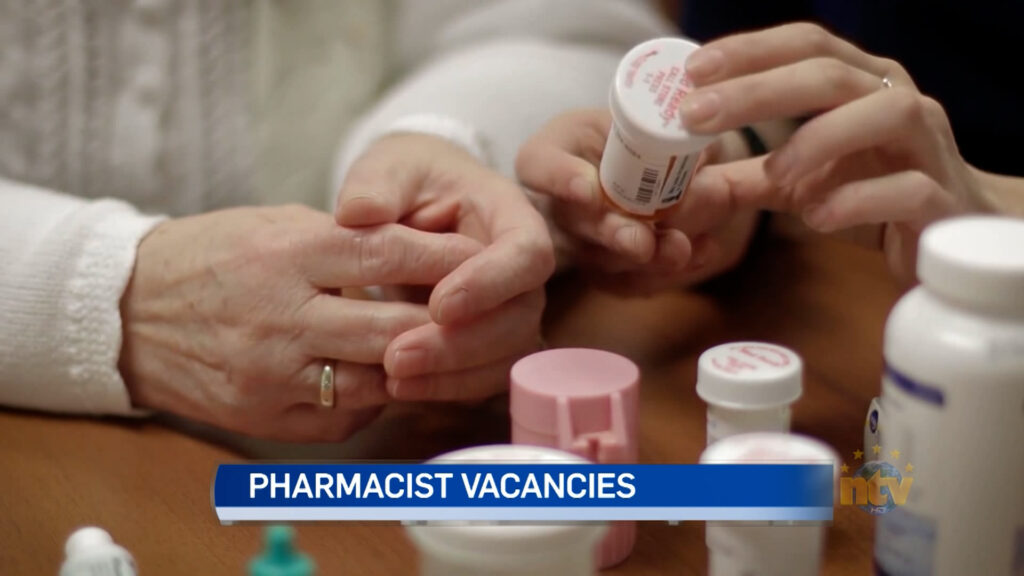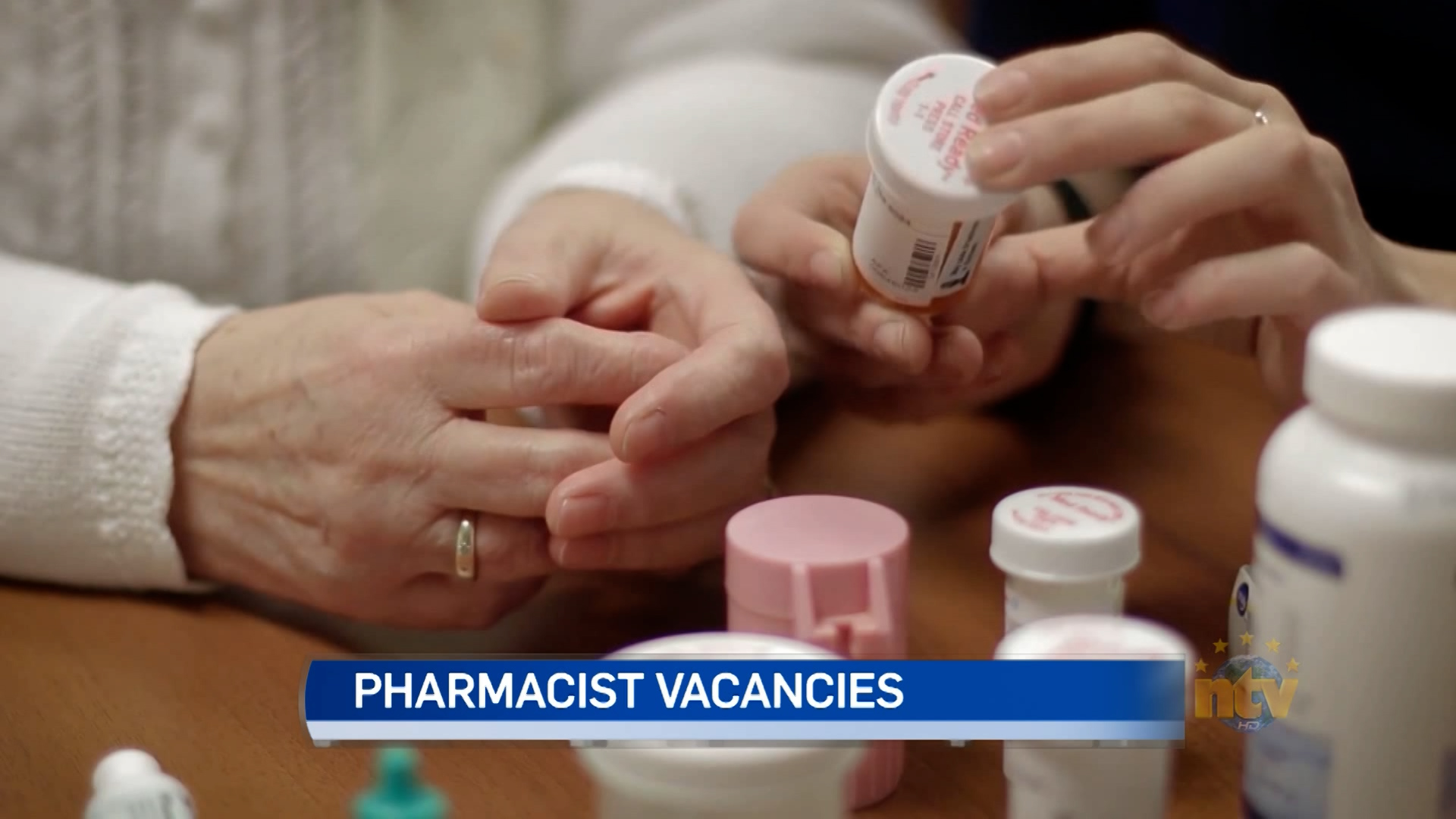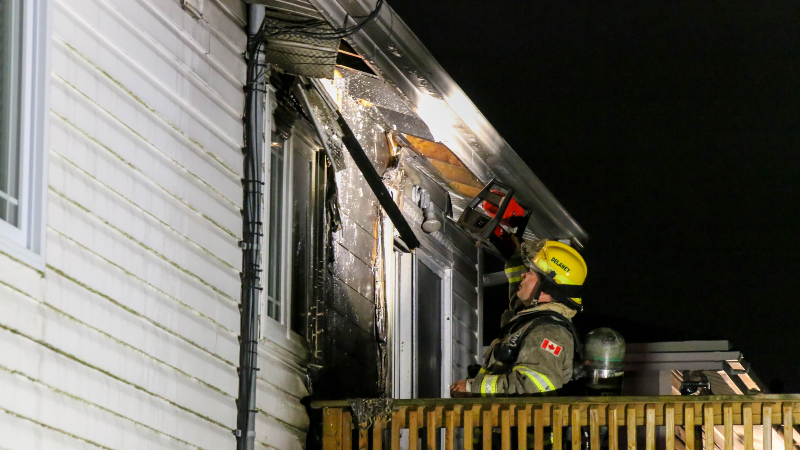

The Pharmacists’ Association of Newfoundland and Labrador (PANL) is raising concern about the number of vacancies in community and hospital pharmacies and is calling for measures to increase the recruitment and retention of pharmacists.
In a 2022 survey of community pharmacy sites in Newfoundland and Labrador and through its analysis of membership data, PANL has identified a shortage of approximately 100 pharmacists in the province. This level of demand exceeds current supply. To address this problem, PANL recommends the following targeted measures by the Government of Newfoundland and Labrador: (1) an increase in the pharmacy school class size (as has been done in Nursing and Medicine); (2) the addition of navigation and educational resources to support the transition of internationally-trained pharmacists to licensure in Newfoundland and Labrador; and (3) negotiating fair contracts with public service unions representing pharmacists and other allied health professionals in the province that recognize their extensive contributions to the health care system and support retention of current staff.
“Our survey found a considerable number of vacancies within community pharmacies, which are the main healthcare hub in many smaller communities,” said Dr. Kara O’Keefe, community pharmacist and PANL Board Member. “Equally as concerning is the number of vacancies within hospital pharmacies. The general public may not even be aware that hospitals have fully functioning pharmacies. Hospital pharmacists and pharmacy technicians work as valuable members of the care team alongside physicians, nurses, and other health care professionals to optimize patient medication therapy. The shortage of pharmacists available to fill roles on interprofessional care teams, in the hospital as well as in community, limits their capacity to serve the public at a time when innovative, collaborative healthcare solutions are urgently needed.”






